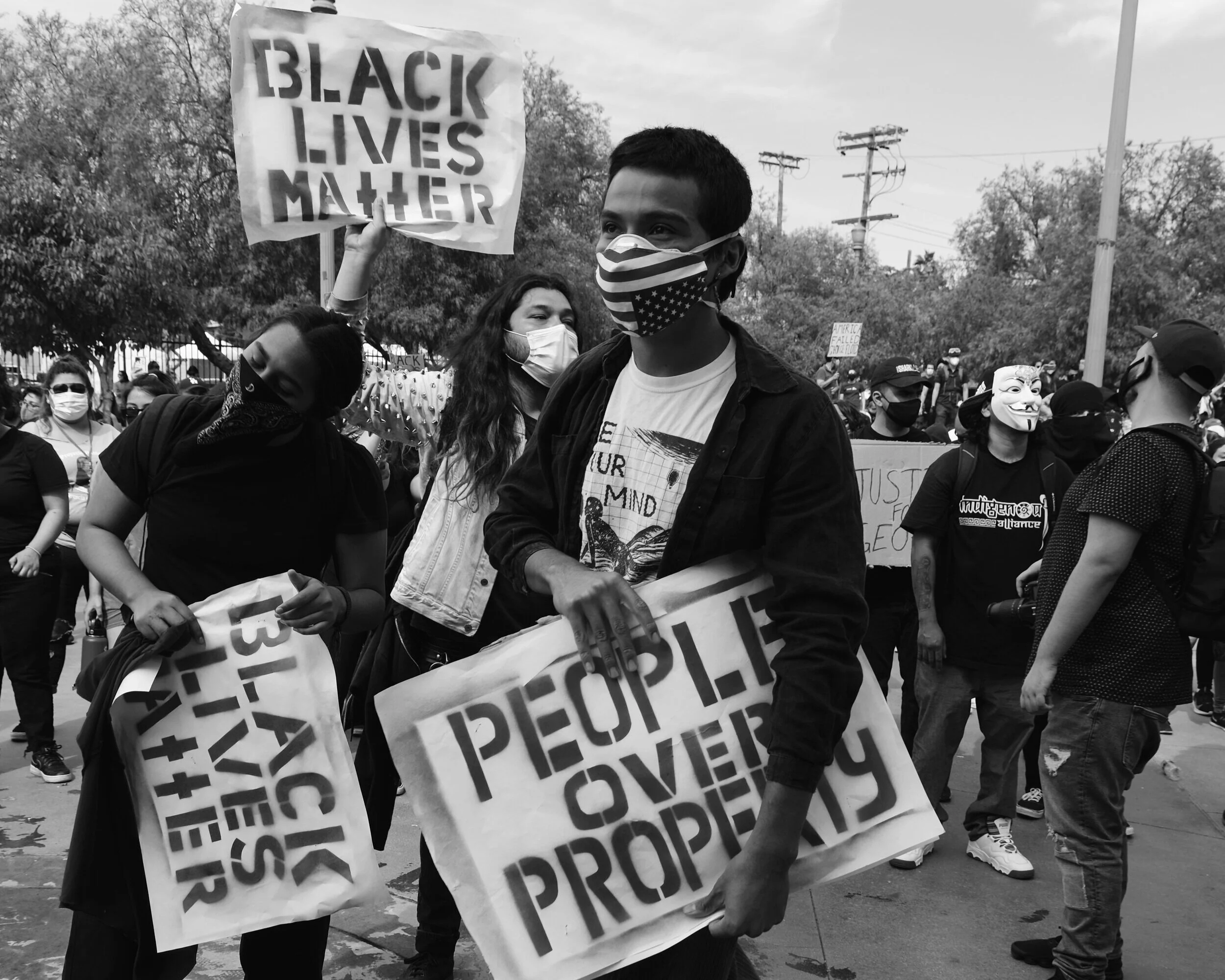A time to Mourn
“Funerals are for the living.”
We hear about them often, the 5 stages of grief.
Denial, which can look like shock, is when our mind is temporarily unable to process the reality, or gravity, of the situation at hand. (The Democrats made up the coronavirus.)
Anger, fueled by pain, fear, and wanting to blame, can come during any of the stages, especially after the shock wears off and we realize the permanence of the situation we are grieving. (Punching and bruising our husband after we realize the affair they had, actually happened.)
Bargaining, which happens with ourselves or with others, is when we dwell on what could have been done differently, and try to negotiate a different outcome. (What was wrong with Kobe’s plane, what did the pilot do the night before, why didn’t the crew check everything, should they have driven?)
Depression, knowing that life is changed forever, is extreme sadness and overwhelm setting in. (What’s the point? The police keep killing black people, nothing ever changes no matter how many people die.)
Acceptance, a more stable and calm realization that one can embrace the situation and move forward, is usually when more emotional control is found. (I guess I will wear a mask.)
Professionals argue that these stages have not been studied well enough and lack evidence, but our culture has clung to them as ways to cope with life’s major losses, from death, to break ups, to job and home loss. If you think of any major change, there is a relatable to piece to each of these phases.
But knowing what stage we are in doesn’t necessarily mean that we have the skills to cope, mourn, or move forward in a non-destructive way. Experts and those who have been there will tell us to stay physically active and emotionally connected to others, avoid numbing, and create space to feel our feelings. But there is one thing that crosses all cultures and has been passed down from our earliest ancestors — the ceremony for that which is no longer alive.
Have you had yours? Funerals don’t have to be only for the death of a life. A ritual of this type can be held for other losses — relationships, routines, mindsets. It could be as simple as burning sage in your house in honor of your partner leaving, to discarding a gift an ex-friend gave you and saying a prayer as this is done. Some people hang art as a way to remember. Lately, I've incorporated a morning dance to mourn all the relationships and routines that have changed this year (and beyond).
Funerals don’t have to be big parties, or feel like a celebration. They just need to honor the loss in some way. When we go through the physical and mental motion of putting something to rest, we are acknowledging that it is over, or changed forever, and this helps us move on. We can always remember this thing or person for what it was, but transitioning the past to the present through ritual helps us look to the future.
What do you do to help you grieve life’s losses?






